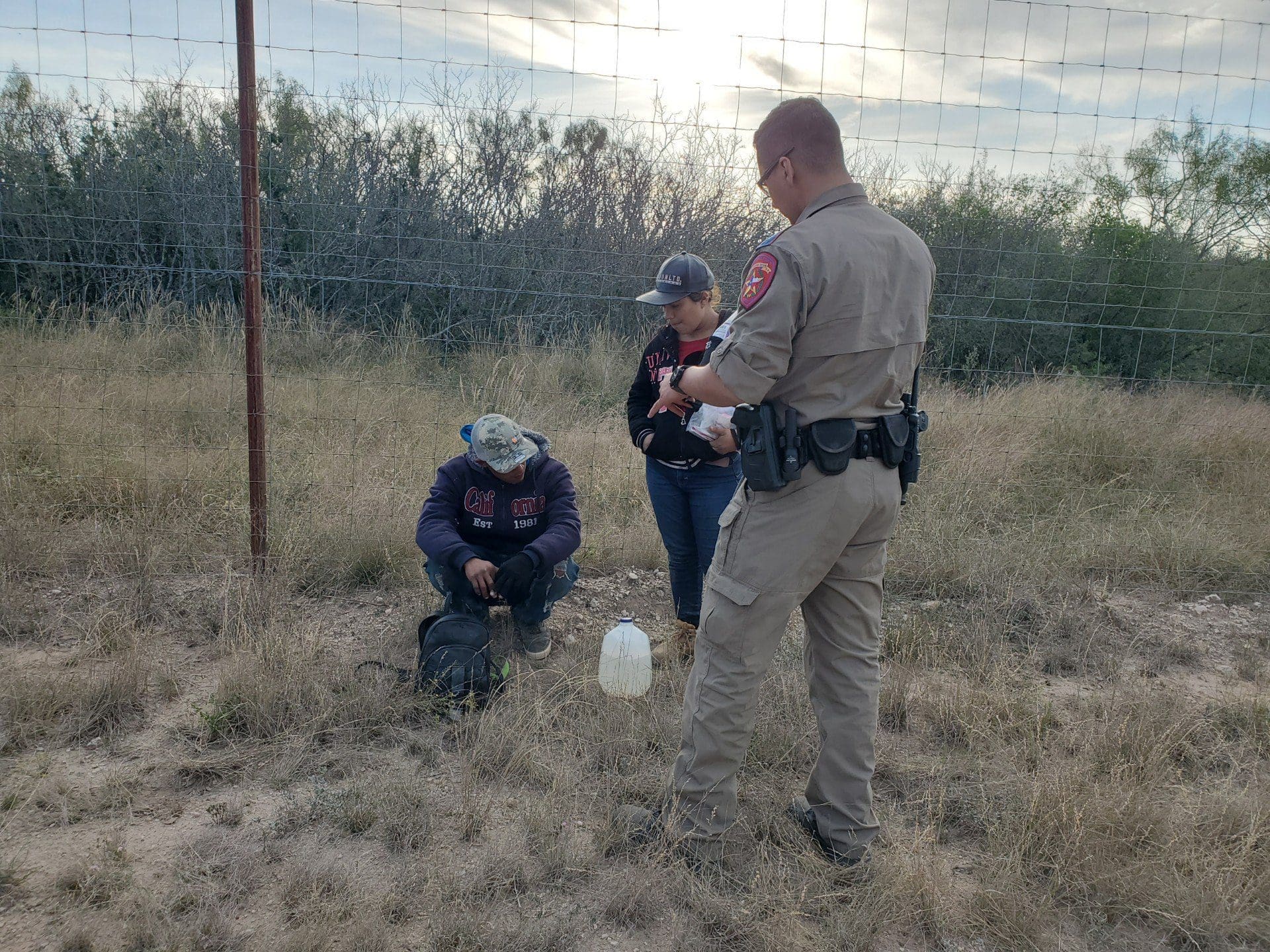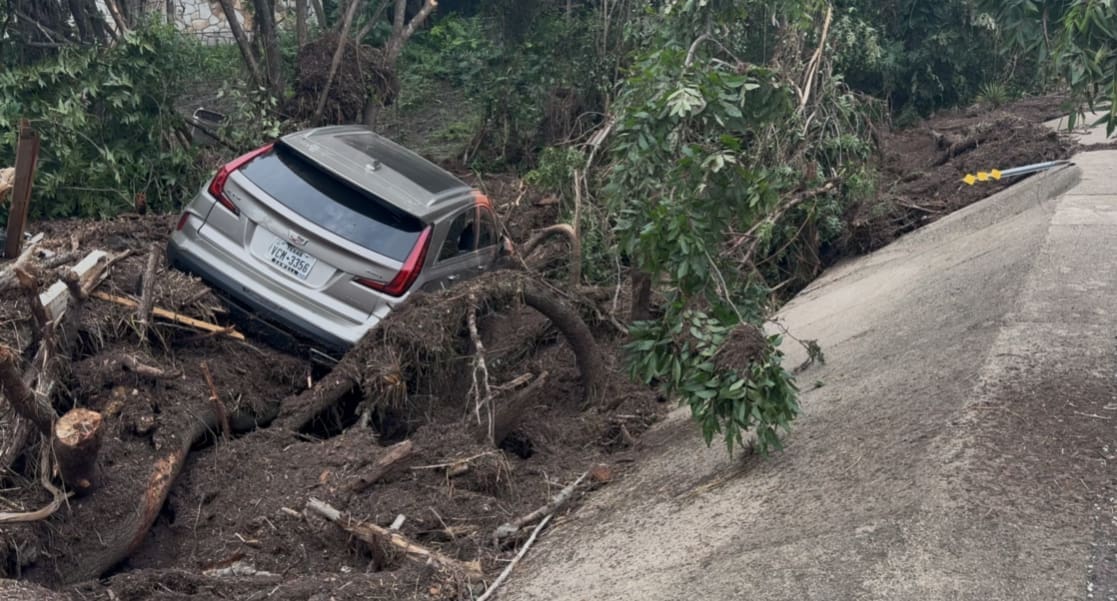HISD’s Board of Trustees failed to acknowledge the looming bond shortfall, and failed to give directive to the Superintendent and administration following the revelation. But, according to an internal audit, it seems that their lackadaisical attitude trickled down to other departments, encouraging district wide waste, fraud, and abuse.
HISD’s internal audit randomly sampled twenty-seven job orders relating to 2012 bond projects. The audit found that job order quotes were never verified using means pricing data, or a unit price book, and also had incorrect cost percentages.
But that’s just the beginning.
Current State law and HISD policy states that projects can be issued for up to $500,000, per project, without board approval. The audit discovered that instead of getting board approval for projects exceeding the limit, single projects were broken down into multiple job orders to keep individual costs under the statutory value limitation.
Two of the job orders the audit reviewed were completed by a firm called KBR. One order was for asbestos removal and the other for demolition, but both projects were set at a “Not to Exceed Amount” of $480,000 each. The audit found that the jobs were completed on the same day, and billings and payments for each were $480,000 exactly. Because of the “Not to Exceed Amount” the contractor should have been required to provide a final cost upon completion, but they didn’t, and the district didn’t request it, so there is no way to determine whether or not KBR completed the project for less than the amount the district paid.
The board approved another contract with KBR, but for Kirby Middle School. The contract was for two job orders, the first was a not to exceed amount of $324,600 and the second $408,300. Both job orders were prepared on the same day, and have the same objective and square footage for construction. Also, according to the billing the jobs were performed concurrently. Had the project followed HISD guidelines it would have been under one job order for the total amount of $732,900 and would have required board approval where, hopefully, the board would have questioned the similarities in orders.
Since the Board of Trustees fostered an environment of deception, the audit found that HISD construction management allowed many projects to be started and paid for before the board approved them.
It is almost impossible for these discrepancies to go unnoticed for three years, and those responsible need to be held accountable. Simply blaming “inflation” and “rising cost of construction” as the reason for the current bond shortfall doesn’t hold true. The Board of Trustees, specifically the Trustee Audit committee, and the Bond Oversight Committee are tasked with ensuring that projects are completed in a timely manner, at the cost that they were sold to taxpayers. Both bodies failed definitively.
HISD’s $1.89 billion bond was used as little more than a slush fund, and now students and taxpayers are paying the cost. The Construction Facilities Services department said they would attempt to recover costs from some of the vendors—but since the district skipped the process of competitive bidding no one will ever know if taxpayers are getting every dollar they are owed from some contractors.




